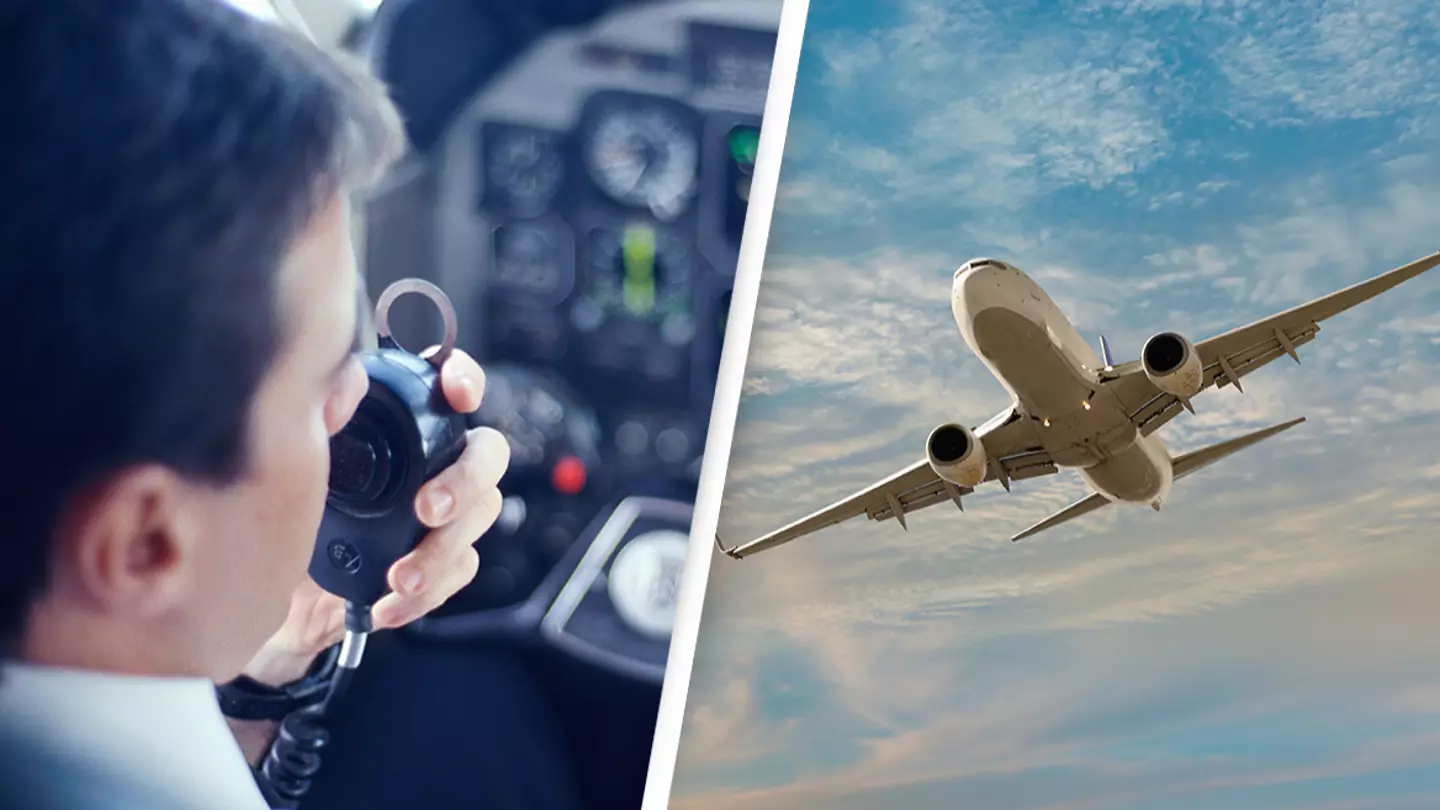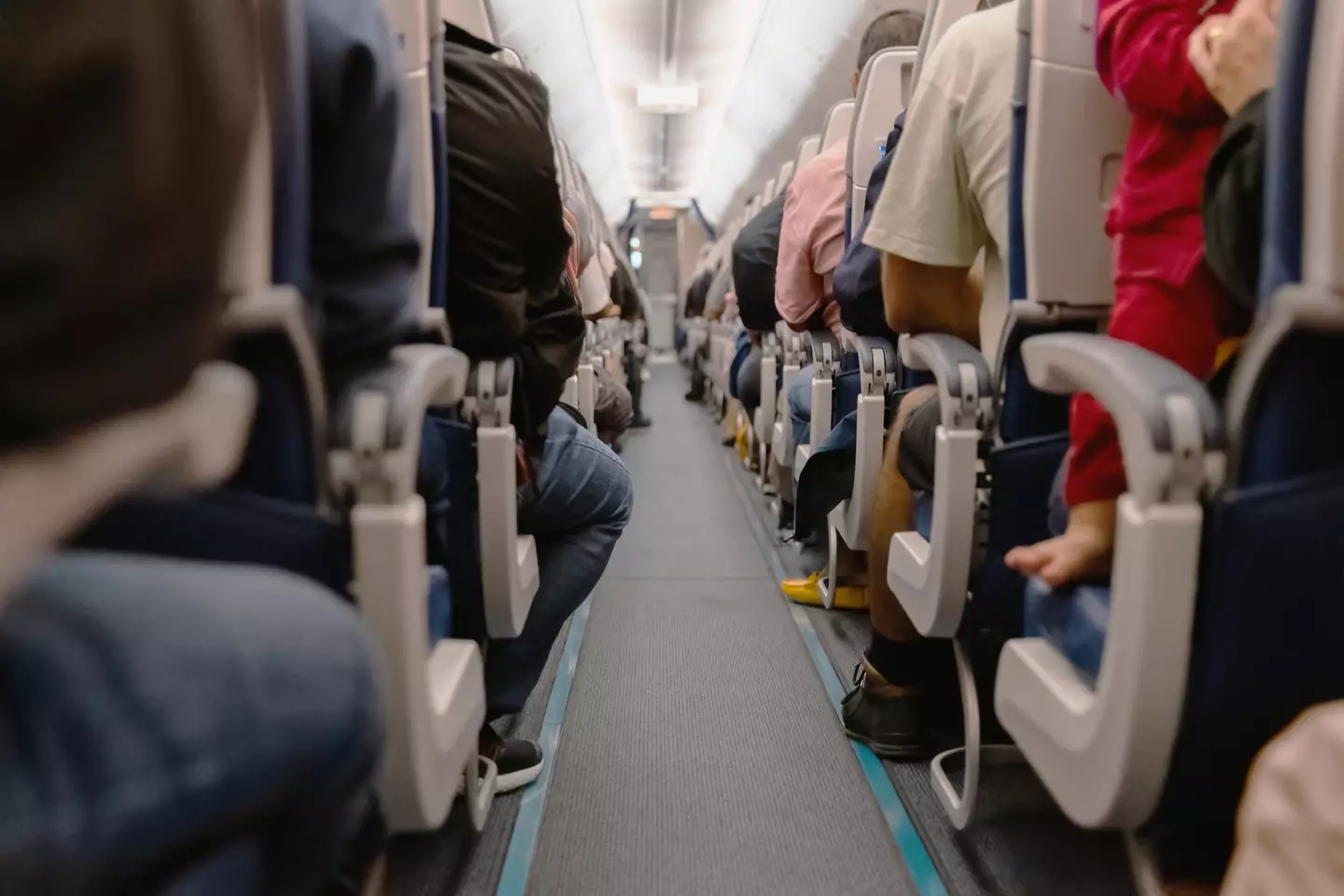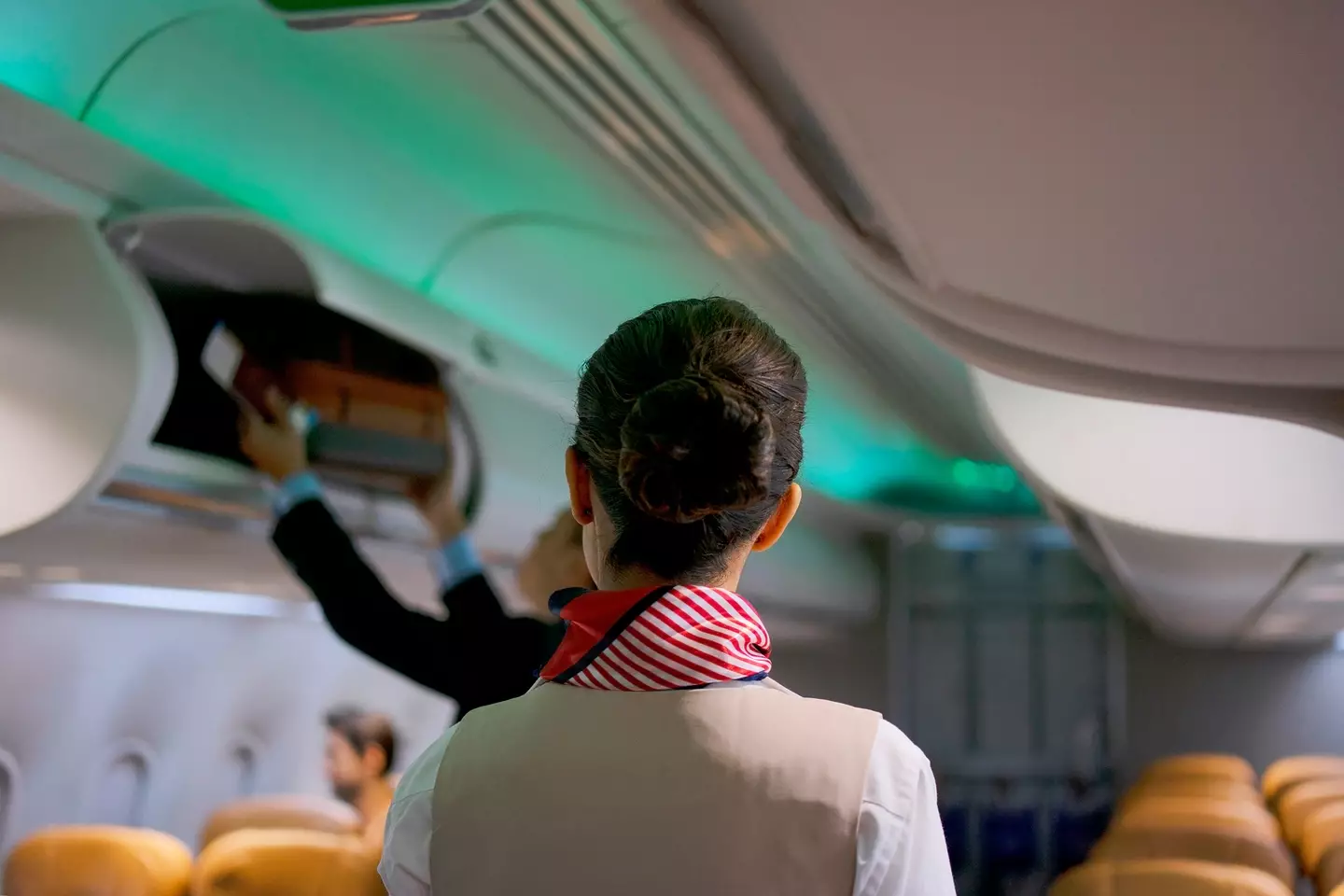
If you’re on a plane that's sending code 7500 back to air traffic control, something has gone seriously wrong and you're in a lot of trouble.
Usually 'squawk codes' are used by air traffic control to keep track of all the planes in the sky.
A code between 0000 to 7777 is randomly assigned to a plane, and the pilot than enters it into the plane's transponder and keeps transmitting it back so those on the ground can keep track of the aircraft.
However, in an emergency, a pilot can change the plane's squawk code to subtly let air traffic control know what's going on.
Advert
There are three major codes that are used to reference trouble.

7600
This is probably the least dangerous situation of the three.
Advert
It essentially means the plane has lost verbal communication, perhaps because its radio is broken.
If air traffic control sees this, they'll try and work on other ways to communicate with the pilot.
7700
This is the general emergency squawk code, and can mean all sorts of things.
Advert
It could be a medical emergency, engine failure, a bird strike, depressurisation, or a number of other scenarios that mean the plane is in danger.
By squawking 7700, the pilot can essentially do anything to keep the plane safe, such as an emergency landing, and air traffic control will know to give them priority.
If you're a passenger, this is not an ideal situation to be in, but code 7500 is even worse.

7500
Well, you may have a clue if you’ve been paying attention during movies where a hijacking occurs.
Advert
That’s right, it means there’s someone on board with malicious intentions.
Code 7500 signals an ‘unlawful interference’ and allows people on the ground to prepare intervention.
Whether it is setting a military escort on route to meet you in the air, or having authorities at the airport, someone will be there to remove and apprehend the culprit.
The pilot has been trained for this scenario, and there are things they’ll have to do while in the air.
Advert
For example, Simple Flying notes that in the event of a hijacking, a pilot should ‘divert and land the aircraft at the nearest suitable airport, where controllers can prioritize its landing and provide necessary assistance'.
But it’s unlikely to be a scenario you’ll encounter.
That’s because the number of recorded hijackings is virtually zero.
From 1990, which saw 38 global hijacking incidents, 2021 was last recorded to have had three, all of which were non-fatal.
Advert
Results from Statista confirmed that number of incidents has steadily decreased.
So, when you’re next on a plane, don’t worry about it (I say with my crippling fear of flying).
